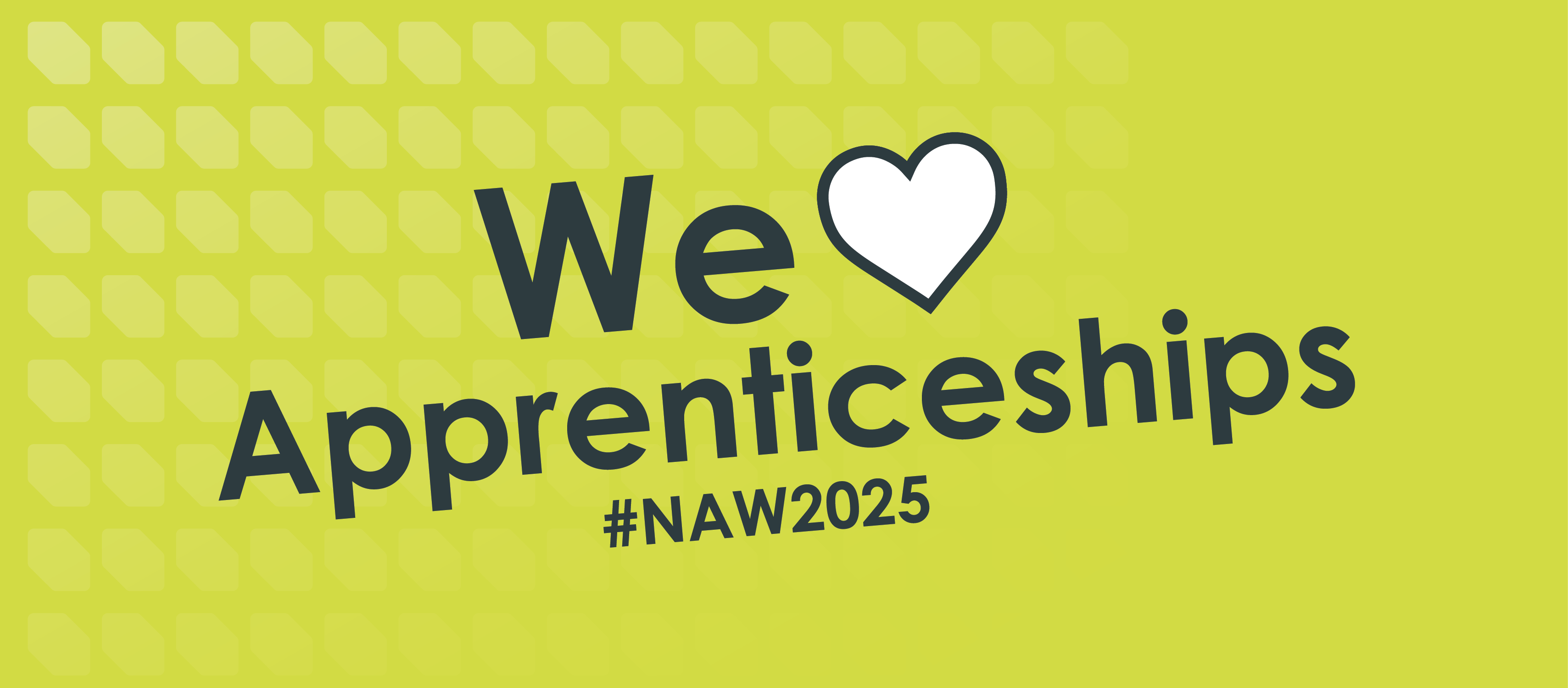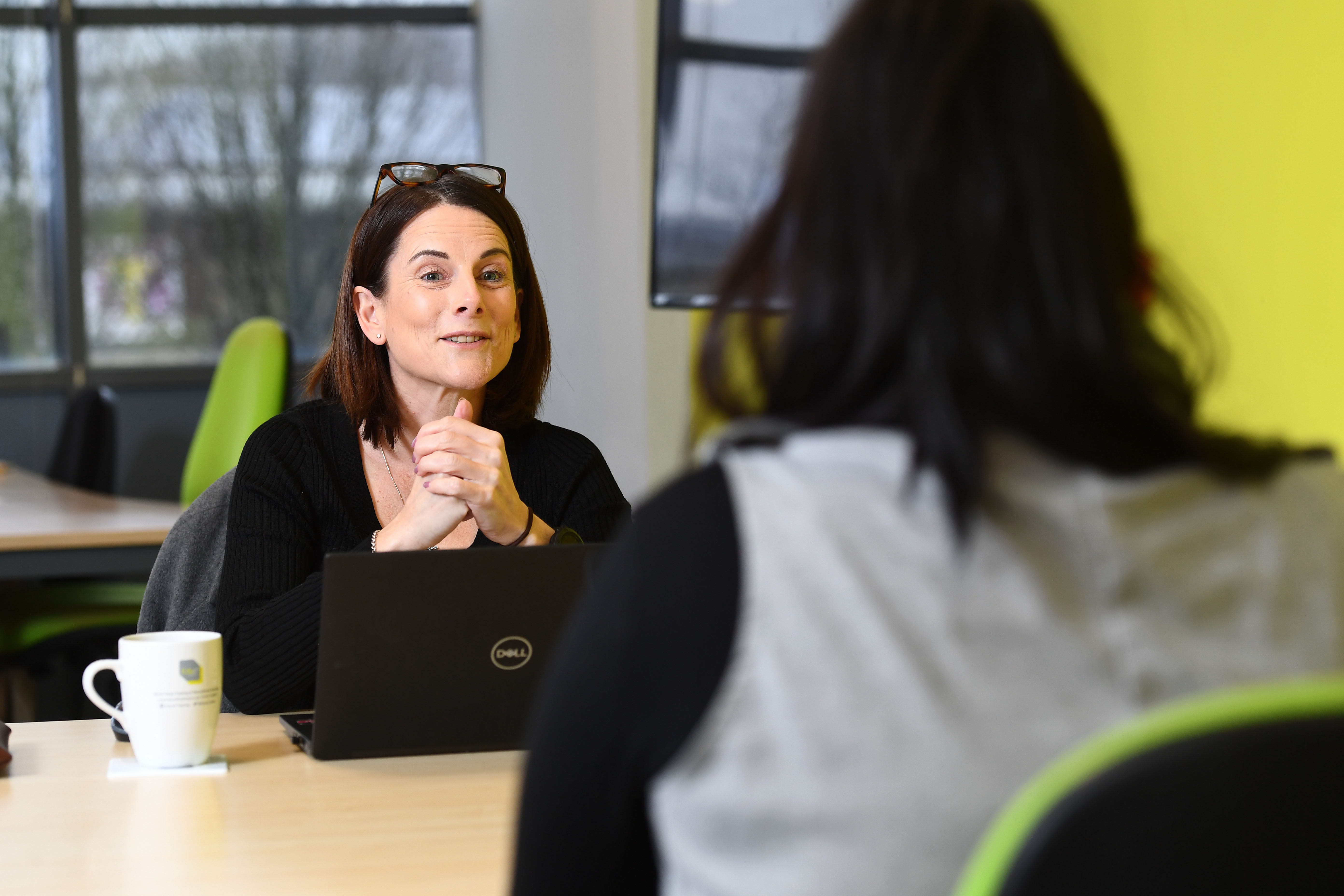
As part of Mental Health Awareness Week, we caught up with Educ8’s mental health first aider Sam Azzopardi who answered our questions around her role and the support she offers.
How did you become a Mental Health First Aider and how long have you been doing it for?
My reason for becoming a mental health first aider was that I have friends and family who have had times in their lives when their mental health suffered, some short term and some long term. I realised how important it was to them that they had someone who listened to how they were feeling and didn’t tell them to “get a grip” or any of the other phrases people use when they don’t know what to do. Having someone to support you when you feel depressed or anxious or both really helps people to realise that they are not alone, that there is help out there and very often, with help, it will get better.
Did you have to undergo any special training?
I have completed a Mental Health First Aider course and attend relevant courses to keep up to date.
What support are you able to offer?
The main support offered is that I am here, that I will listen to how they are feeling, sometimes problems can be solved by just talking worries over with another person who is not personally involved, using the same principle as counselling, only I would stress it is not counselling, but just someone who offers a listening, non-judgemental ear. If necessary, I can signpost to other agencies who can offer additional support.
Who do you support under your remit? Is it just staff, students or both?
I support all staff as and when they need me.
What do you enjoy about your role?
I think it is so important that people who are feeling depressed or anxious or any of the many negative emotions we have, will find someone who will listen to them and not push them aside. I feel passionately that small interventions can make a huge difference to people’s mental wellbeing and give them the courage to keep talking about how they feel and maybe seek more help. The vital thing here is that people don’t bury their feelings for fear of being pushed aside, as that can only make a bad situation worse and can be a slippery slope to deepening mental health issues.
How can people approach you / access support?
Staff can phone me, email, text, WhatsApp, I really don’t mind, email is better as it will state if I’m out of office. I do like to respond the same day and book something in as soon as possible.
Are there any misconceptions / stigmas that you would like to clear up about accessing support or mental health issues in general?
Oh yes! this is the big one. I think it is important that we start treating our mental health in the same way as we treat our physical health. If we are feeling unwell, we will not hesitate to seek help, but somehow people feel that their mental health is different, and they really should not do this. Our mental and physical well-being are linked, and one will affect the other. There are so many myths and misconceptions around, sometimes I like to tell people how many famous people have suffered bouts of mental illness, some of them throughout their lives, some maybe just one episode. Thankfully, these people had the courage to talk about it and make it public, because there is no shame in it.




